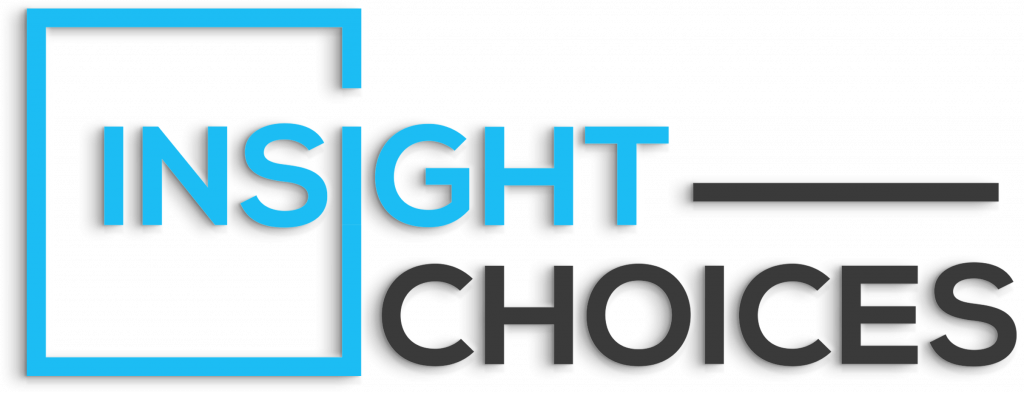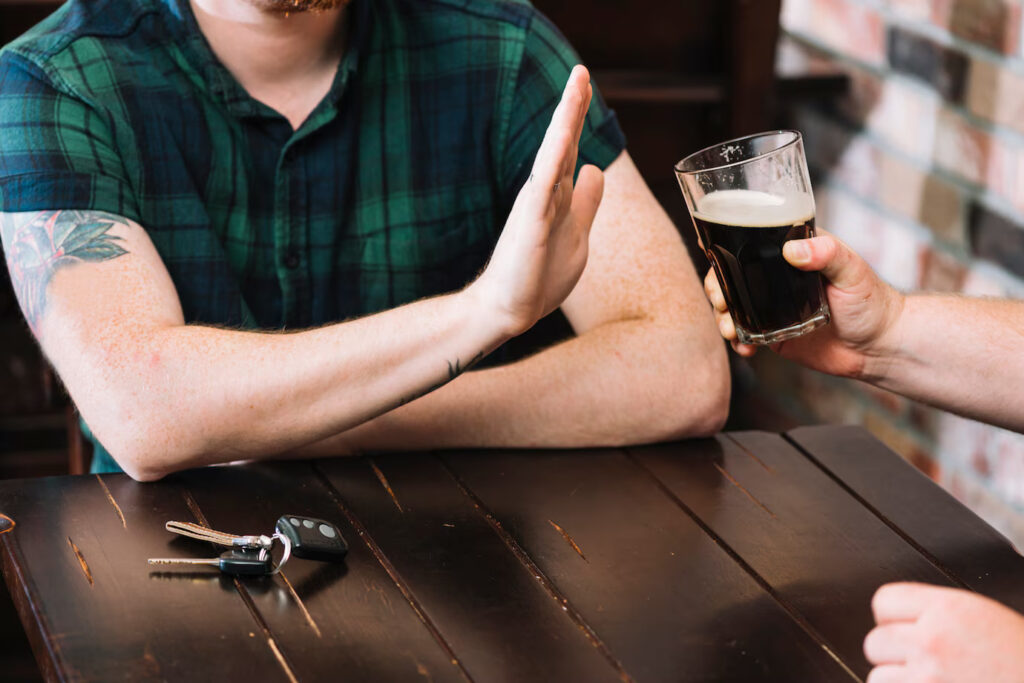April isn’t just another month.
It’s Alcohol Awareness Month. And that matters more than you might think.
Have you ever paused to consider how alcohol might be affecting:
- Your body?
- Your relationships?
- Your peace of mind?
You’re not alone.
That’s exactly why this month exists. To shine a light on the hidden impacts of drinking. From the casual glass to the patterns we try not to name. It’s about catching the signs early and knowing when to ask for help. This isn’t about judgment. It’s about clarity. About recognizing what’s going on beneath the surface. Maybe it starts with one brave question. Is this serving me?
So let’s talk. Let’s learn.
Let’s support each other in making choices. They will make you feel good in the long run. This April, take a moment for alcohol awareness week. It could change your perspective. It might event change your life.
Educating About Alcohol Awareness Month
April rolls in, and with it comes a quiet push. Have you thought about your relationship with alcohol? That’s what Alcohol Awareness Month is here for. Not to orate, not to shame, but to invite reflection. Maybe it’s the drink you use to loosen up in a crowd. Or the one that helps blur the edges after a long, exhausting day. Sounds familiar? But what happens when that glass becomes a crutch? Or when the lines between habit and harm start to blur?
This month isn’t just about stats. It’s about feelings, and paying attention to them. About tuning into how alcohol might be shaping your health, mind, and emotional balance. Sometimes, the impact creeps in quietly. A tired body. A foggy brain. A short fuse. It’s worth paying attention.
So let’s talk.
Let’s listen.
Let’s stay curious enough to ask ourselves the harder questions. And stay strong and seek support if needed.
Why Alcohol Awareness is Important
Alcohol is everywhere. Incorporated into celebrations, stress relief, and even casual nights. But there’s something we don’t say out loud often enough. It’s also one of the leading preventable causes of death in the U.S. Cutting short nearly 95,000 lives each year. That’s not only a number, its the lives of the families that were changed forever.
Maybe you’ve seen it up close. Someone you care about is slipping into patterns that feel harder and harder to ignore. It starts small until it doesn’t. Recognizing the signs of alcohol addiction could mean saving a life. Maybe even someone in your circle.
And prevention? It starts at home. By having conversations with your kids, your grandkids, your younger siblings. Honest talks, not lectures. They’re listening more than you think. Underage drinking and binge habits aren’t just phases. They’re risks with real consequences. You have the power to help them see that. You don’t need all the answers. Just the courage to start the conversation.
Signs of Alcohol Abuse: Identifying the Problem
Alcohol might be legal. But that doesn’t mean it doesn’t have any consequences. It can quietly become something more than just a way to relax. According to the American Addiction Centers, there are clear signs when alcohol starts to take over:
- Poor coordination
- Slurred speech
- Impaired thinking
- Memory problems that sneak up on you
- Wanting to stop—but somehow, not being able to
- Skipping work, distancing from family, and canceling plans just to drink
- Keeping secrets about drinking habits
- Taking dangerous risks
- Telling yourself it’s not that bad
- Feeling anxious, even panicked, at the thought of going without it
These symptoms don’t always shout. Sometimes, they whisper. They manifest subtly, making them easy to overlook. But they matter. They’re signs your body and mind are waving the red flag. Paying attention isn’t a weakness. It’s wisdom.
Understanding Alcohol’s Impact on Health
Alcohol touches nearly every organ in your body. Sure, a drink here or there may seem harmless, but when it becomes a routine, the damage can be deep, sometimes irreversible. The body keeps score, even if you don’t feel it immediately.
Physical Health Effects:
- Liver Health: Your liver works overtime to break down alcohol. But too much? It can’t keep up. Over time, this can trigger fatty liver. Inflammation. Or even cirrhosis. A slow, silent threat that may not show itself. Until it’s dangerously advanced.
- Heart Health: Excessive drinking raises blood pressure. And increases your risk of heart disease and stroke. In the long run, it can wear the heart down completely.
- Cancer Risk: Regular alcohol use increases the risk of several cancers. Liver, throat, mouth, and breast are among them.
- Digestive System: Your gut takes a blow, too. Alcohol upsets the stomach lining. Fuels ulcers and acid reflux. It can inflame the pancreas. It also messes with nutrient absorption, quietly draining your energy and vitality.
Mental Health Effects:
- Mood and Behavior: Alcohol is a depressant. It shifts your mood, clouds your thoughts, and alters your actions. Often without warning.
- Long-term Psychological Effects: Over time, those changes can lead into anxiety, depression, and addiction. Turning what started as relief into a trap.
Identifying Problematic Drinking
So when does alcohol consumption cross the line? Here’s what to watch for:
- Frequent cravings
- Drinking more than you planned
- Neglecting responsibilities
- Having withdrawal symptoms (shaking hands or sweating) when you haven’t had a drink.
- Engaging in risky behaviors
- Trying and failing to stop
Suppose any of this sounds familiar. Whether in your life or someone else’s. It’s worth pausing. This doesn’t mean you’re addicted. But it does mean something’s off. Left unchecked. These patterns can lead to consequences. Contacting for help doesn’t mean weakness. It means you’re listening to your body.
How to Reduce Alcohol Consumption
Suppose you’ve been questioning your drinking. That’s already a powerful first step. Change doesn’t have to be challenging. It needs direction. Here are a few ways to start shifting your relationship with alcohol:
- Set Clear Goals: Decide what you want this change to look like. Maybe it’s cutting back slowly. Maybe it’s skipping drinks during the week. Or maybe you’re ready to go all in. Whatever it is. Keep it real and doable.
- Seek Support: You don’t have to figure it out alone. Doctors can sense what you’re feeling. Support groups like AA? They’re full of people who get it—and they’ll walk that path with you.
- Find Healthy Alternatives: What used to take the edge off? Try something new. A walk. Music. Painting. Movement. Choose something that feeds you, not drains you.
- Stay Socially Engaged: You can still show up, laugh, and connect—without a drink. Let the people who truly care support you, not pressure you.
- Track Your Progress: Keep a journal. Write down how it’s going. Celebrate the wins. Progress isn’t always loud, but it counts.
The Role of Support and Treatment
You don’t have to navigate alcohol struggles on your own. Really—whatever you’re facing. Whether it’s the urge to cut back or a deeper battle with addiction, support is out there. Recovery isn’t one solution for all. It might look like therapy, joining a support group, exploring medication, or going through medical detox. What matters is taking that first step.
At Insight Choices we don’t just treat the symptoms—we see the person. Our specialists offer a personalized approach. No judgment. No pressure. Just real support. If you or someone close to you is dealing with alcohol use, don’t wait until it gets worse. Reach out. Book a consultation. Early support isn’t just helpful. It can change everything.
Prevention and Early Intervention
Prevention matters. And not just in theory. But in everyday conversations, in what we teach our kids, and in the choices we model without even realizing it. Alcohol misuse doesn’t usually start with a crisis. It starts quietly. A curious sip. It’s a casual habit. A way to fit in. That’s why early education is powerful. It gives young people real knowledge, not just warnings they’re likely to tune out.
Alcohol Awareness Month opens the door to these hard, necessary talks. Especially around underage drinking. It invites parents, teachers, and communities to be honest, not just cautious. Listen more, assume less, and create safe spaces where kids feel seen instead of judged.
And when do the signs of trouble show up? Knowing how to respond can make all the difference. Families and communities need tools—not just fear. To spot the shifts, reach out, and act before casual use becomes heavier. Prevention starts with presence. Early intervention begins with care.
Conclusion: Empowering Better Health Choices
Awareness is just the start. Real change happens when we turn reflection into action—when “I should” becomes “I will.”
This month, ask yourself: Is my drinking serving me, or holding me back? No judgment, just honesty. For some, the answer means setting firmer boundaries. For others, it’s realizing they don’t want to go it alone anymore.
Here’s your next step with Insight Choices:
- Notice the patterns. Are you drinking out of habit, stress, or avoidance?
- Reach out. Talk to a professional or someone you trust—no need to wait for “bad enough.”
- Explore support. Whether it’s cutting back or quitting, resources exist to help you succeed.
Small steps count. Your health isn’t all-or-nothing—it’s every choice, every day. Start where you are.
FAQs
What are the early signs of alcohol abuse, and how can I recognize them?
It’s not always black and white. Maybe you joke about “needing” that after-work drink or find yourself finishing bottles faster than before. Slurred words, forgotten conversations, or hiding how much you’re really drinking. These aren’t just red flags. They’re your body waving a white flag.
How can alcohol impact my physical and mental health over time?
Imagine pouring sand into a car’s gas tank. That’s alcohol in your system—grinding down your liver, scrambling your brain’s chemistry, and turning anxiety into a constant companion. The buzz fades. The damage sticks around.
What should I do if I think a loved one is struggling with alcohol addiction?
Drop the script. No interventions, no lectures. Just: “I’ve noticed you’ve been having a hard time lately. Want to grab coffee?” Let silence do the heavy lifting. They’ll talk when they’re ready.
What resources are available to help someone reduce their alcohol consumption or seek treatment?
From telehealth therapists who get it to non-judgmental support groups (yes, there are options beyond AA). Insight Choices meet you where you are. Whether that’s cutting back or starting fresh.
How can I talk to my children about the dangers of underage drinking and alcohol misuse?
Skip the “just say no” era. Try: “Why do you think so many kids drink?” Listen. Then, hit them with the science, like how alcohol fries teen brains harder than social media. Make it a dialogue, not a decree.

Dr. Chang is a highly respected psychiatrist with extensive experience serving patients in the greater Los Angeles area. With a distinguished background in psychiatry, he has dedicated his career to advancing mental health care through both clinical practice and academic contributions.

